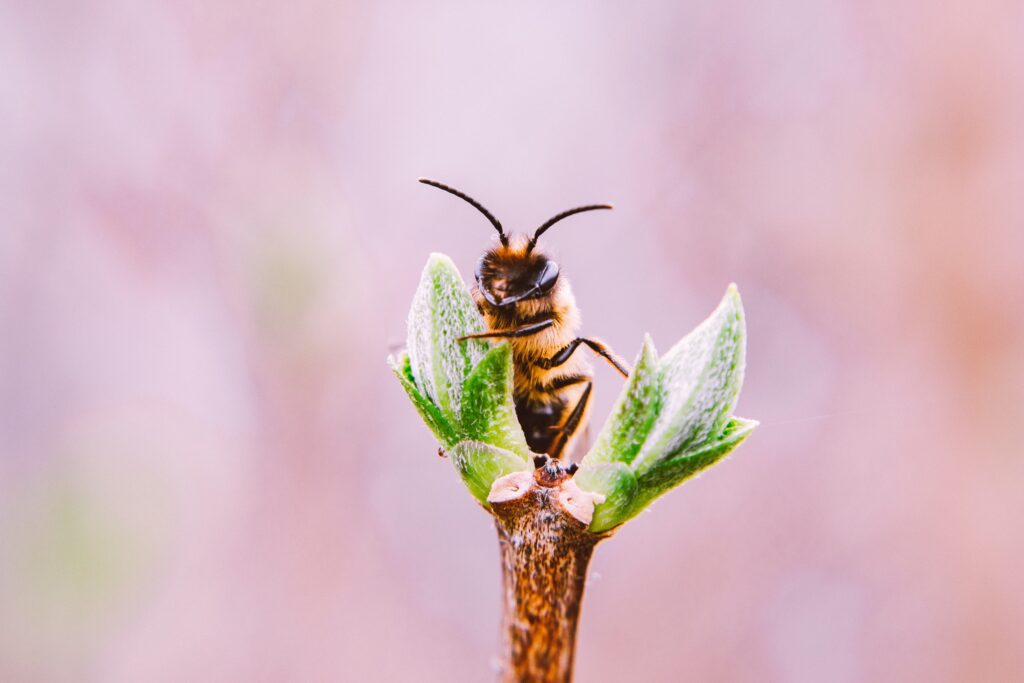
We have tons of clover all over our backyard, yet this is the first year I have not seen any bees. None. Not in spring and not now. We do not use any pesticides and our yard is bee-friendly. It is so disturbing to see the decline of a species. Not only for the right of another species to exist on our planet, but also because of the direct affect bee extinction will have on the human food supply chain. When bees are endangered, so is our future.
The Monarch Butterfly is also in serious decline. In the last 10 years, the population of monarch butterflies that come to my home state of Idaho has dropped by 99%. If you look at North America as a whole, by 2020 the Monarchs declined 80% in the last 20 years. New research shows a bit of a rebound in 2021-2022, but the species is still below its historic population.
We are at a critical time for bees and butterflies, but if everyone helps, maybe there is hope! There is much information online about how to make your yard pollinator-friendly.
I wrote the below poem at the beginning of this year for a local contest requesting submissions for writing that educated people on issues that affect pollinators in the state and inspire them to make a change. If you share, please either link to this entire post or remember to include the copyright information. Thank you for reading!
The Importance of the Pretty Pollinator
by Carolyn Fenzl
Let’s keep the monarch butterflies alive;
let’s help our lovely state insect survive.
Beautiful to observe and digitally capture,
vitally important to conservation’s next chapter.
While monarchs may seem like a floating enigma,
their travels move pollen from stamen to stigma.
Pollination produces fruits, seeds, and plants,
working with nature so we all have a chance.
The survival of monarchs must be pursued.
Please let’s be mindful of protecting their food.
The diet of monarchs means feeding on milkweed,
its poisonous nectar helps them breed and succeed.
Milkweed disappears as its habitats shrink,
But we can all help bring it back from the brink.
Plant your gardens with the monarchs in mind,
teach others and be pollinator kind.
© 2022 Carolyn Fenzl